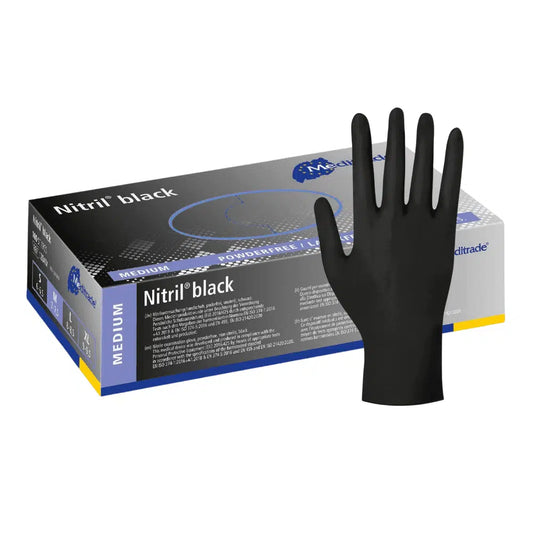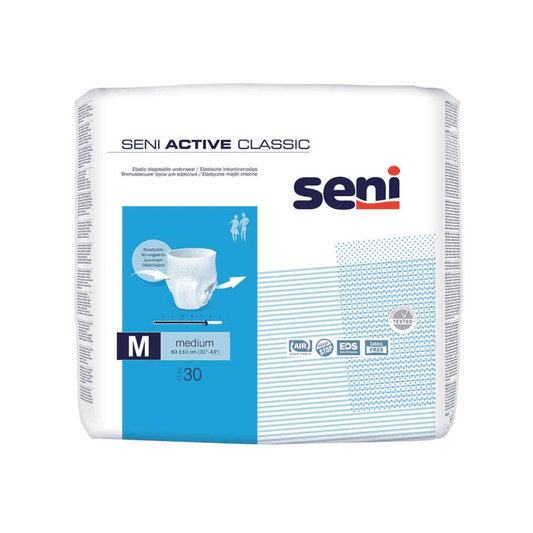
Dementia care at home: What do I need to know as a relative?
The diagnosis of dementia is a new challenge for the person concerned and relatives. The following article gives an overview of the illness and important tips on how to deal with and care for people with dementia.
What is dementia?
Dementia is a rapidly progressive disease of the brain, which has a negative impact on the cognitive performance of the person concerned. Dementia patients are increasingly restricted by motor, memory performance and word finding are deteriorating. The disease complicates those affected to cope with their everyday life alone. Dementia patients need special care that goes hand in hand with special challenges. This article offers a helpful overview for relatives.
show understanding
The disease manifests itself in the form of confusion, memory difficulties, changes in the behavior and personality of the person concerned. The motivation for everyday things or other activities can be reduced and pressed the mood. Dementia patients often feel helpless because they can no longer lead their everyday life alone and are increasingly dependent on help. This is often very uncomfortable for the patient. It is important to work in terms of needs and patiently deal with the person with dementia. The disease is a high burden. Relatives should therefore approach care with a high level of commitment and empathy.
Care at home
Design of everyday life
Clear structures and a solid routine are helpful for the care of dementia patients. These are important so that the person concerned feels safer. A firm daily routine helps to minimize fear and confusion. Home work and completion can be done together. It is important that the sick person acts physically during the day. This can be achieved through small excursions or walks. In addition, promoting hobbies is essential. Singing songs from the past or looking at old pictures is also beneficial for the person with dementia. Writing notes helps to remember verbally agreed agreements and appointments. It may not always be reliably performing all tasks or approaching the activities with the expected motivation. It is important to show understanding of such situations, otherwise frustration with the person concerned can occur. No criticism of the person suffering from dementia should be carried out, but should be tried again at another time.
Safety measures in the household
Relatives can make concrete steps to make everyday routine activities easier and safer for the sick.
- Remove loose carpets
- Ensure an environment with a few stressors (e.g. a lot of noise and hustle and bustle)
- Add handlebars on stairs, steps and in the bathroom
- Remember and support daily body care
- Use incontinence products
- Write notes
- Complete the window and doors (attach sensor on the front door)
- Keep dangerous objects such as iron or sharp objects inaccessible
Relief of relatives
The care of people with dementia is a physical and mental burden. Therefore, relatives should seek support for care through nursing services or other relatives. In addition, taking regular breaks and paying attention to your own health is of great importance.
Possibility of the nursing home
Care at home can permanently become a burden for relatives. If the disease progresses quickly, it is worth finding information about alternatives of care.





























